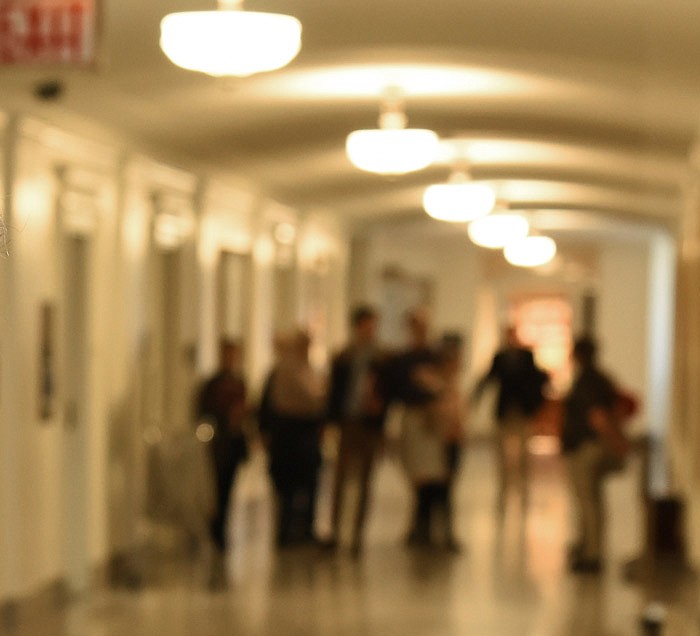A Missouri House bill would require school districts and charter schools to disclose and inquire about sexual misconduct of former or prospective employees.
HB 739, sponsored by Rep. Rocky Miller, R-Lake Ozark, would require information about actual violations of sexual misconduct with student policies be disclosed to any public school that contacts districts or charter schools about a former employee.
An "actual violation" is defined as a violation that goes through a district or charter school's formal hearing process and is determined by the school board or governing body of the charter school to be substantiated.
Likewise, any school district or charter school that's considering offering employment to any former employee of another district or charter would be required to contact the state's Department of Elementary and Secondary Education for a list of all former districts or charter schools that person has worked for. The district or charter school considering making the employment offer would then be required to contact every listed employer for information about any substantiated sexual misconduct against students.
Jessica Seitz, who is the director of public policy for Missouri KidsFirst, said in her testimony in support of Miller's bill that there have been loopholes in background checks, and this bill would close them.
Missouri KidsFirst is the statewide chapter for Prevent Child Abuse America.
A 2017, U.S. Department of Justice-funded study by Virginia-based Magnolia Consulting cited that despite mandatory reporting laws most states have, school employees can be "apprehensive about reporting school employee sexual misconduct to authorities for a variety of reasons, including the potential stigma and loss of reputation for the school or district, as well as fear of legal repercussions and liability for monetary damages."
As a result, the study also said most sexual misconduct incidents of school employees against children are not reported to law enforcement or child welfare personnel, and some sexual predators have been allowed to quietly leave districts - something known as "passing the trash" or "the lemon dance."
A U.S. Government Accountability Office study from 2010 looked at 15 cases of sexual misconduct against students by school staff, volunteers and contractors, from multiple states, and found in four cases that "school officials allowed teachers who would have been subject to disciplinary action for sexual misconduct toward students to resign or otherwise separate from the school rather than face punishment. As a result, these teachers were able to truthfully inform prospective employers that they had never been fired from a teaching position and eventually were able to harm more children. In three of these four cases, school officials actually provided positive recommendations or reference letters for the teachers."
It is already state law - which Miller's bill would update by citing a specific section of the law - that if a district or charter school dismisses an employee or allows an employee to resign instead of being fired and fails to disclose substantiated sexual misconduct allegations when providing a reference or responding to a potential employer's request for information, then the district or charter school shall be liable for damages to future student victims of schools that employ the sexual abuser, and be liable for legal costs of those schools caused by the failure to disclose the information.
Miller's bill would also require other measures to protect school children:
- Expand the number of hours school board members are trained on signs of sexual abuse in children and signals of potentially abusive relationships between children and adults from 16 hours to 181/2 hours.
- School board members would also be required to complete at least one hour of refresher training each year.
- Have school districts provide "trauma-informed, developmentally-appropriate sexual abuse training to students in all grades not lower than sixth grade."
- Have "screened volunteers" included in the list of staff that schools must do criminal background checks on before those staff are entrusted to be left alone with a student. Screened volunteers would include staff such as office or library assistants, mentors or tutors, coaches and chaperones for overnight student trips.

